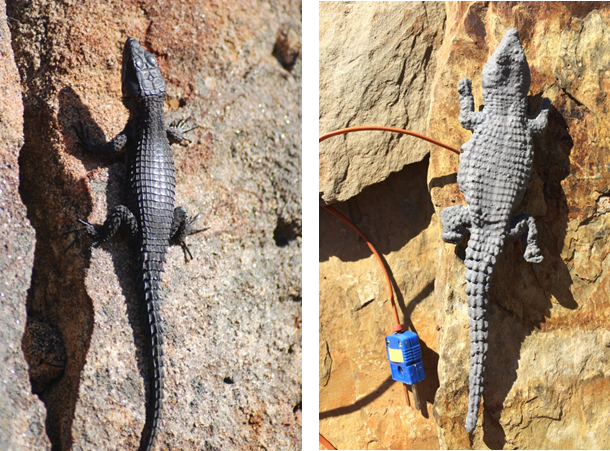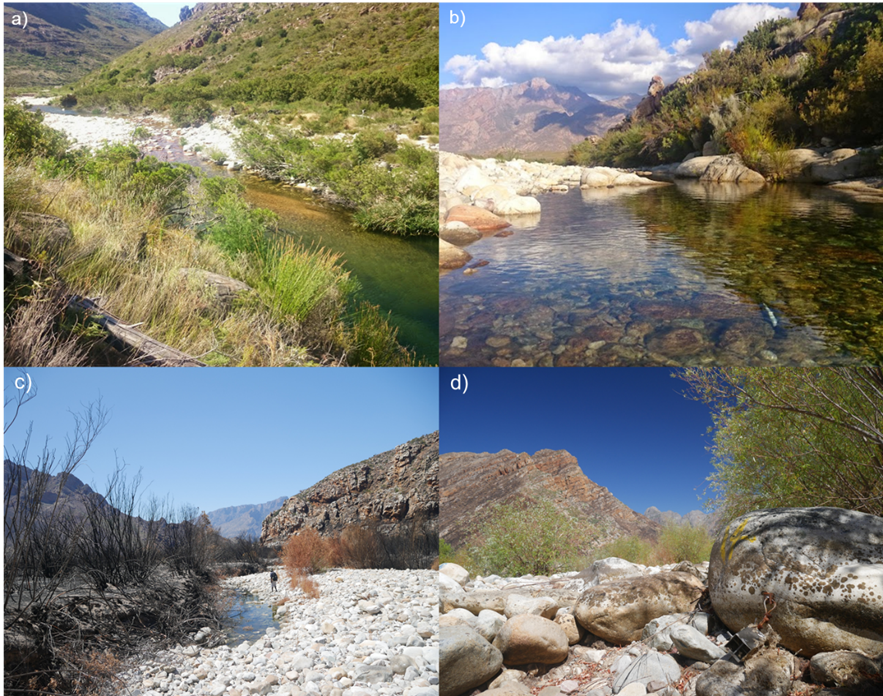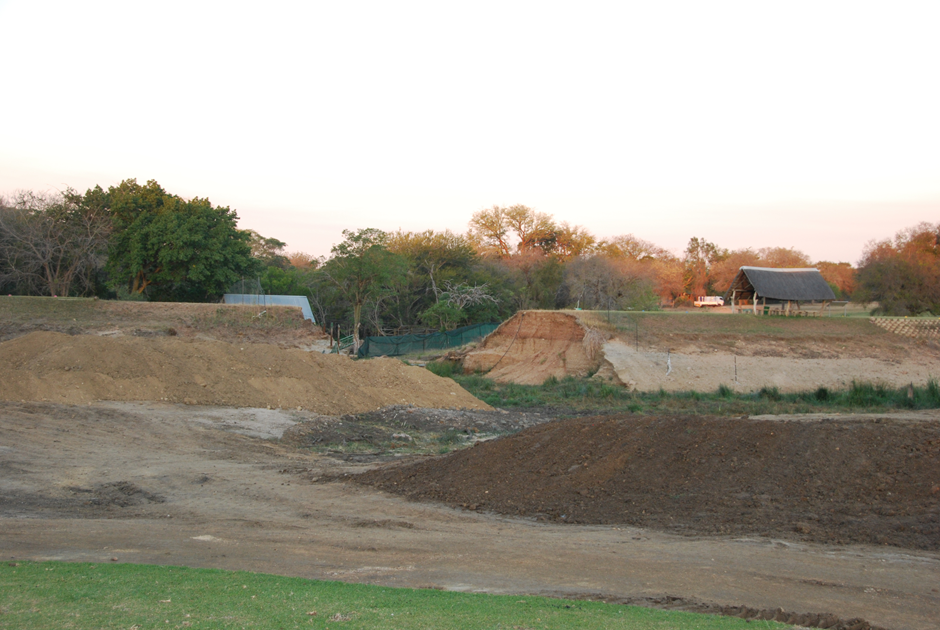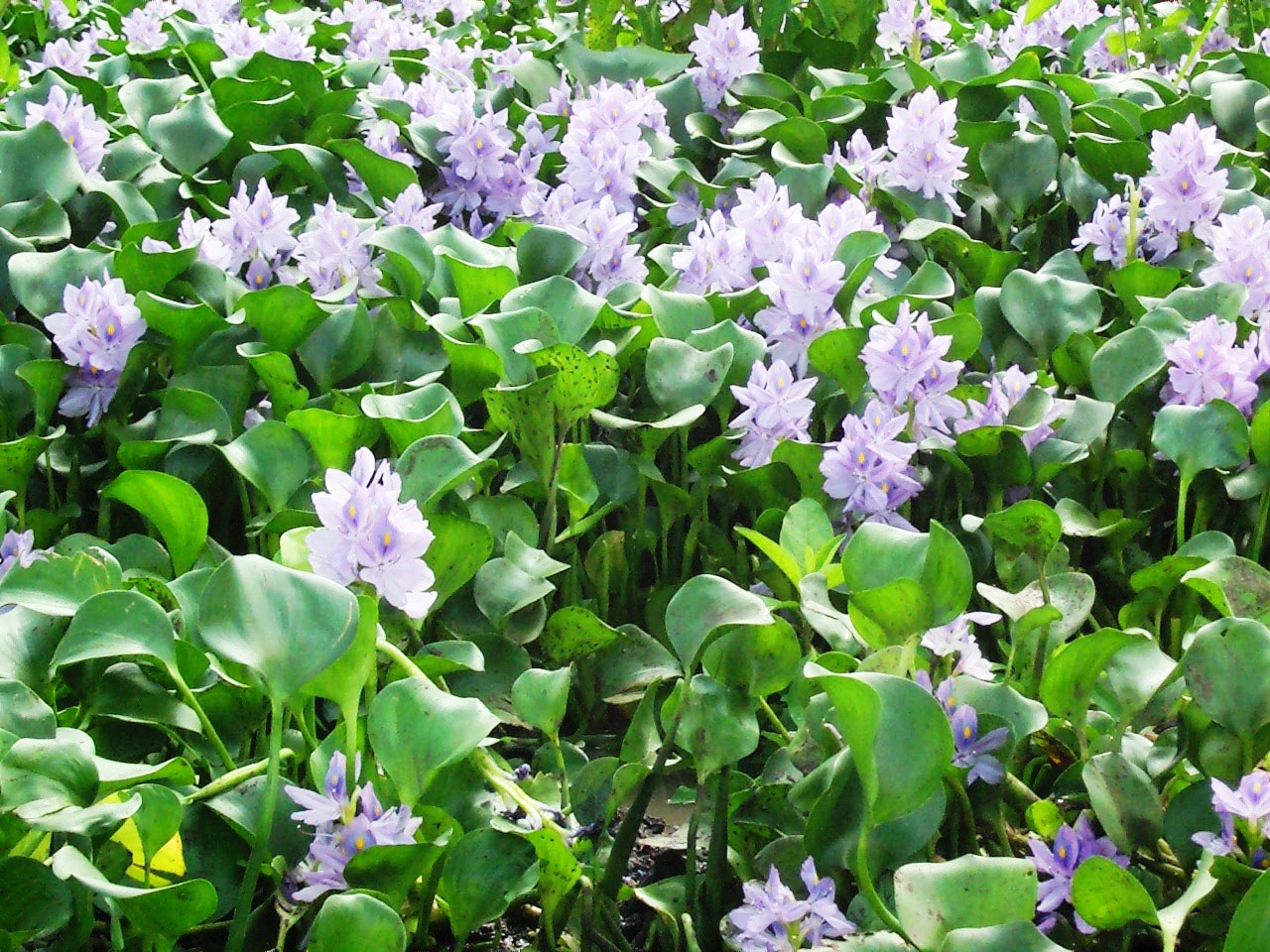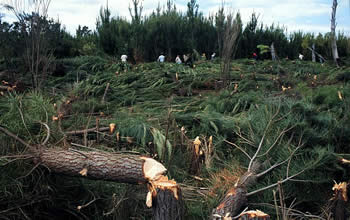Assessing lizards’ vulnerability to warming: how close should we zoom in?
Climate data are increasingly accessible and are being used to predict which species are most vulnerable to climate change. The available datasets often consist of monthly measurements or predictions for locations every dozens or hundreds of kilometres. Can such coarse data provide realistic vulnerability assessments for small organisms?

